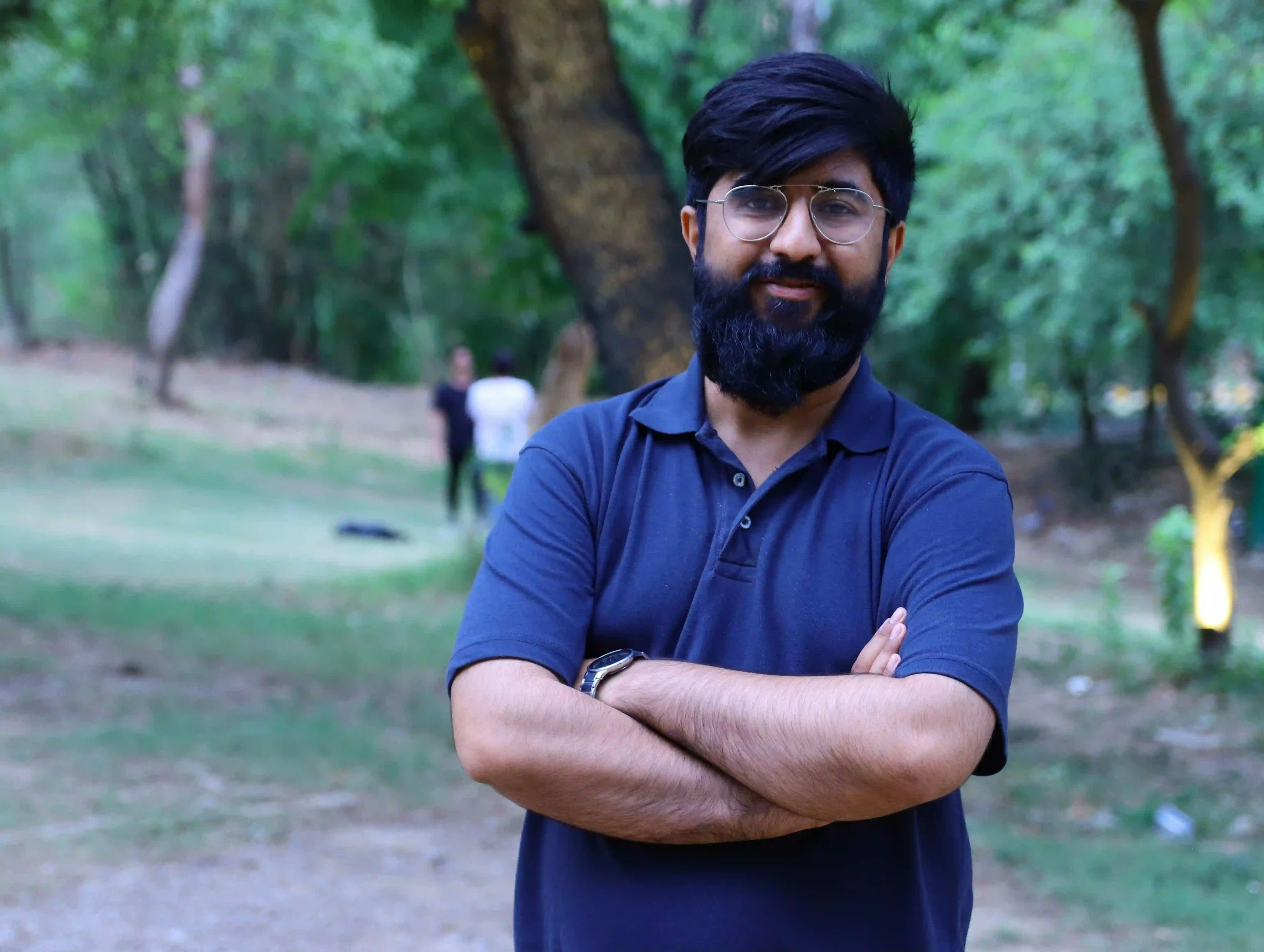If you're a skilled remote data scientist looking to work for top-tier US software firms, you already understand the value of a strong resume. Writing a resume for data scientist job applications with the help of a data scientist resume is rarely a pleasurable experience, but it is unavoidable. The majority of employers require a resume to apply for any of their available positions, and a CV is frequently the first step in getting past the "Gatekeeper" - the recruiter or hiring manager.
So, if you still don't have a résumé, how do you go about creating one? This article is an attempt by the Turing team to assist you in building a great CV and landing the finest remote data scientist jobs. Here are a few things to keep in mind when composing a perfect data scientist resume.
1. Get straight to the point
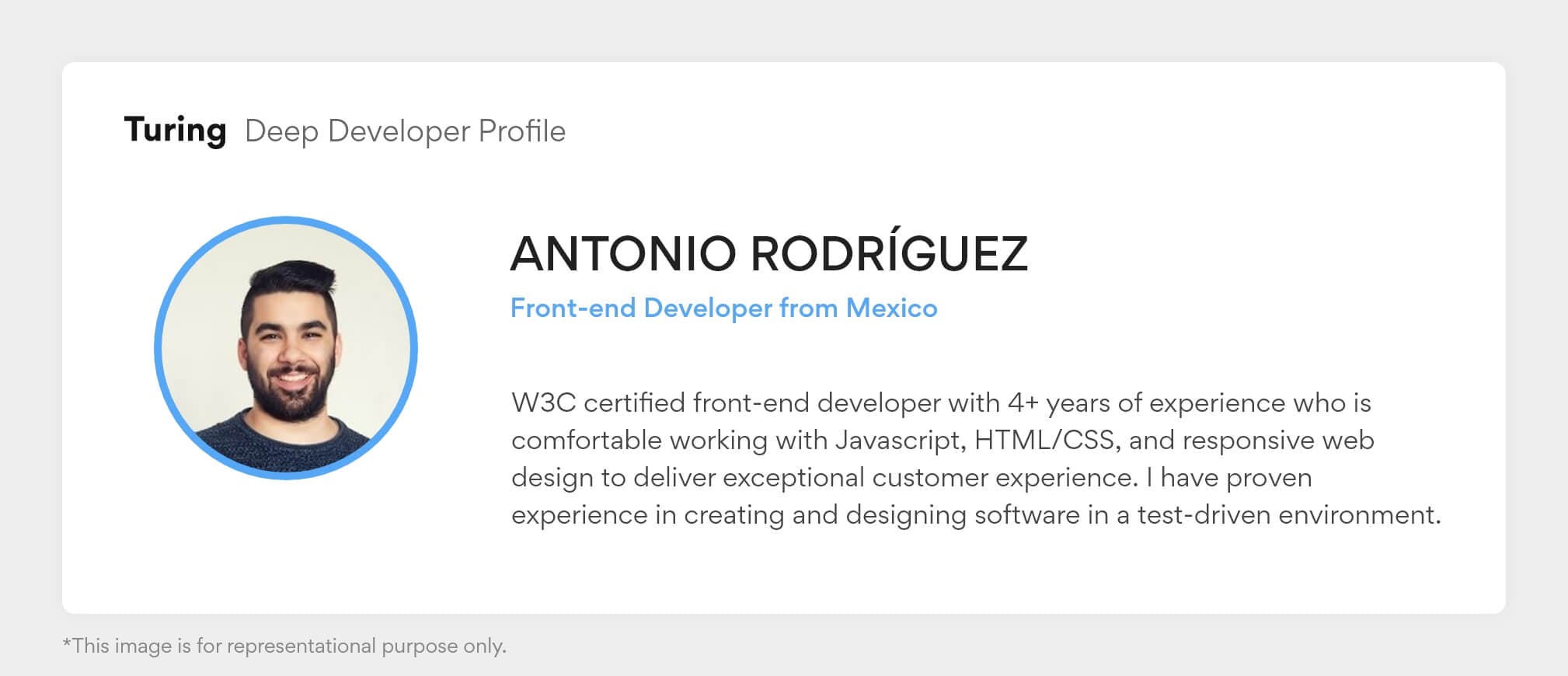
Make sure you hit the target while you're writing your data scientist resume. The best place to start is directly after your name, email address, and phone number, with an ‘About Me’ section. These may appear to be little details, yet they form the foundation of your resume and can be found in a good data scientist resume. Recruiters will be able to contact you for an interview in minutes if you make it simple for them to do so.
Include keywords for your most crucial skills as well as a quick description of any relevant data science projects you've worked on. This will make your CV stand out at first glance, increasing your chances of landing a job.
2. Consider your data scientist CV as a story
The data scientist resume is essentially a short narrative about you and your professional achievements. We're all fascinated by stories. They take us on an adventure and give us stories in such a way that we become addicted to them. So, if you're putting together your data scientist resume, bear in mind that you're constructing a tale about yourself. Take reference from a data scientist resume that presents your story to potential employers in the most compelling way possible.
3. Give your data scientist resume a catchy title
Make sure you have a headline for your resume that clearly displays your designation and years of experience before delving into the details of your work experience and educational qualifications. 'Data scientist with 6 years of experience at top MNCs,' for example.
It's an excellent method to catch the attention of a potential employer.
4. Make a decision about the format of your data scientist CV
The most prevalent data scientist resume structure is reverse chronological order, in which you begin with your most recent work experience and work your way back through all of your former roles. However, if you want to emphasize your talents and tech stack, you can use the functional structure.
You can also choose a hybrid format, which combines chronological and functional elements and allows you to highlight your most significant abilities and spectacular job achievements.
5. Provide a thorough timeline of your professional history
This is most likely the heart of your CV. This is the section where you should explain your work background in detail. Make it more than merely a timeline of events in history. Mention your prior positions, the length of time you worked there, the goals you met, the value your work provided to the company, and so on, clearly and simply.
Stats and data on your performance should be provided, as well as a quantification of your contributions. This will provide your potential employer a clear picture of your qualifications and the reason why they should hire you.
Create your resume and get a job on Turing
Build the best data scientist resume with Turing's Deep Developer Profile
6. Emphasize your primary skills
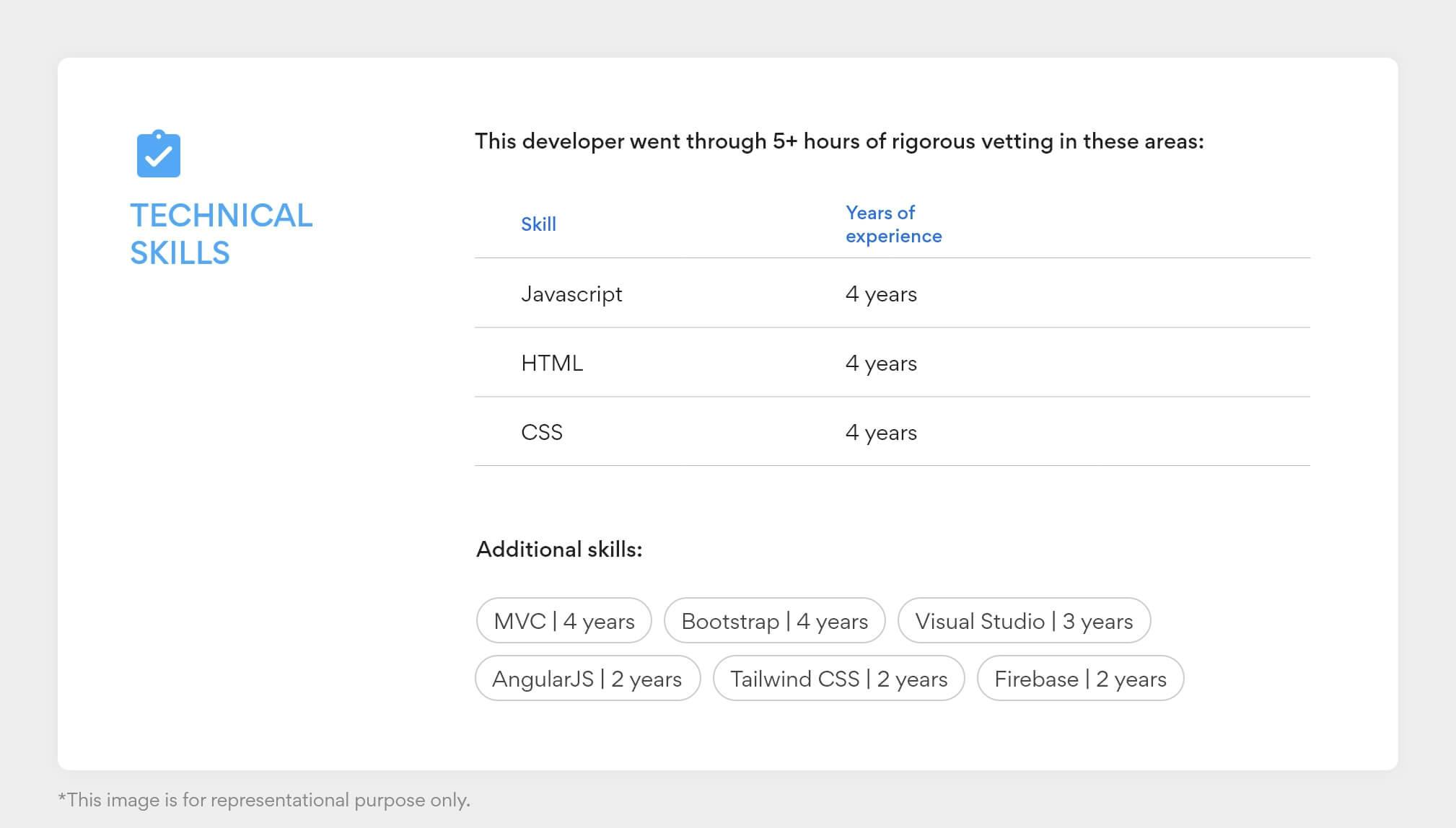
This section demonstrates to employers what talents you have. Make a point of emphasizing your strengths in each of the skills you'll list. Display them point by point and, if possible, include iconography to draw the recruiter's attention. Write a few paragraphs explaining how your knowledge of a certain skill helped your prior employers find a solution to their problems.
Integrate your skillset into your story as if it were the primary character. Also, divide your skills into primary and secondary categories (primary skills are your areas of expertise/specialization, and secondary skills are things you've worked on before). This will provide recruiters a good understanding of your strong areas as well as the topics you know a lot about.
To acquire a decent data scientist job, you should have the following skills on your data scientist resume:
- Fundamentals of data science
- Statistics
- Programming knowledge
- Data manipulation and analysis
- Data visualization
- Machine learning
- Deep learning
- Big data
- Software engineering
- Model deployment
- Communication skills
- Storytelling skills
- Structured thinking
- Curiosity
7. Discuss your educational background
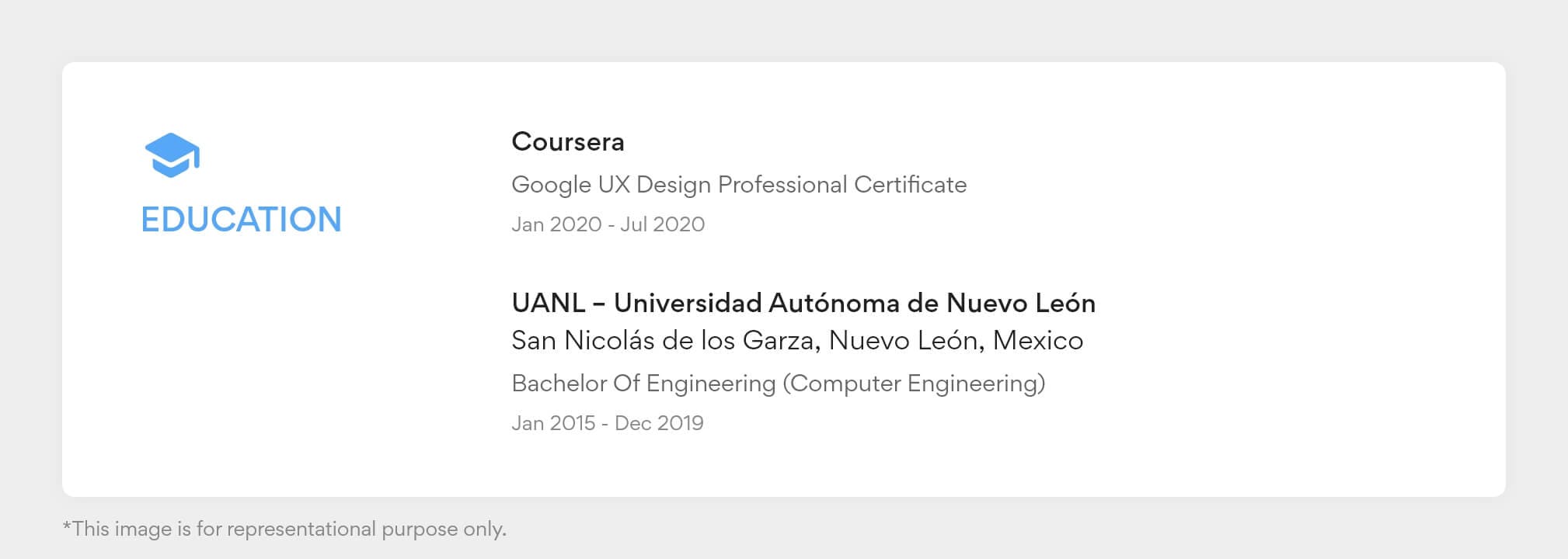
In a table, list your educational background, the institutes you attended, the grades you received, any other credentials you have, and so on.
This will allow your recruiter to easily review your educational history and gain a better understanding of you.
8. Make your CV more quantitative and show out your accomplishments
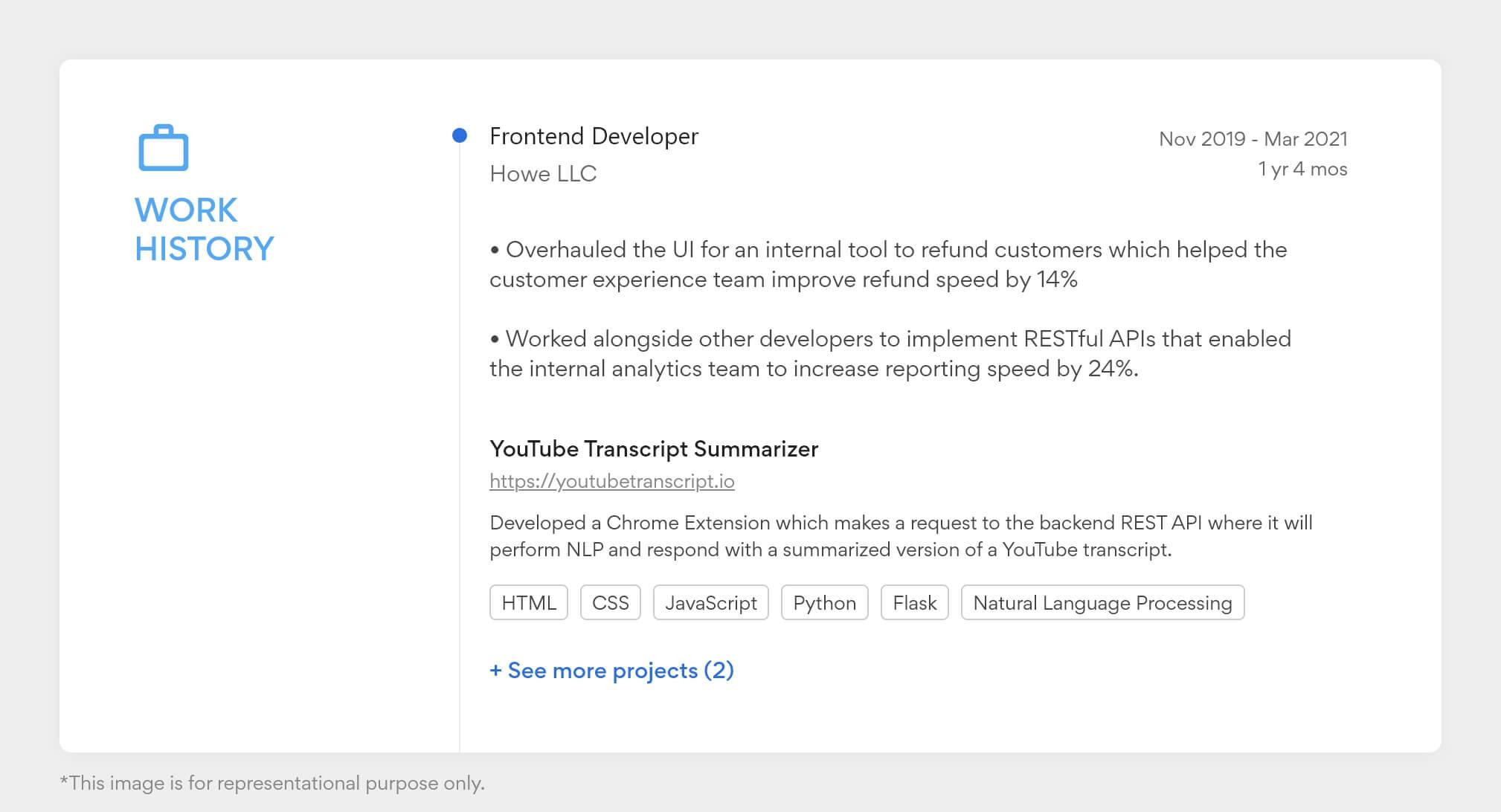
Giving reliable numbers to potential employers can make a big difference and enhance your chances of getting hired. In your data scientist resume, if you can answer "How much?" or "How many?" you should include that amount. Don't forget to mention any personal achievements or honors you've received.
If your side project illustrates your expertise, use it as a selling point. Any reference of your previous work can increase your chances of being considered for an interview significantly.
Also, make sure you take reference from a data scientist resume that is concise, accurate, and no more than 2-3 pages long.
9. Keywords and proper grammar should be used to optimise your resume
It may be cliched, but proper English and grammar, as well as the proper use of keywords, have a significant impact on the recruiter. Using the right keywords in your headline, subheads, and copy can help you push your profile to the top of the search results.
To assist potential employers to consider you as the appropriate complement to their team, use the following keywords:
10. Make a short video summarising your resume
This may appear to be an extra step and hard to find in any of the data scientist resumes, but filming a one-minute video summarizing your talents, expertise, accomplishments, and credentials will offer you an advantage over your competition.
Create your resume and get a job on Turing
Build the best data scientist resume with Turing's Deep Developer Profile







